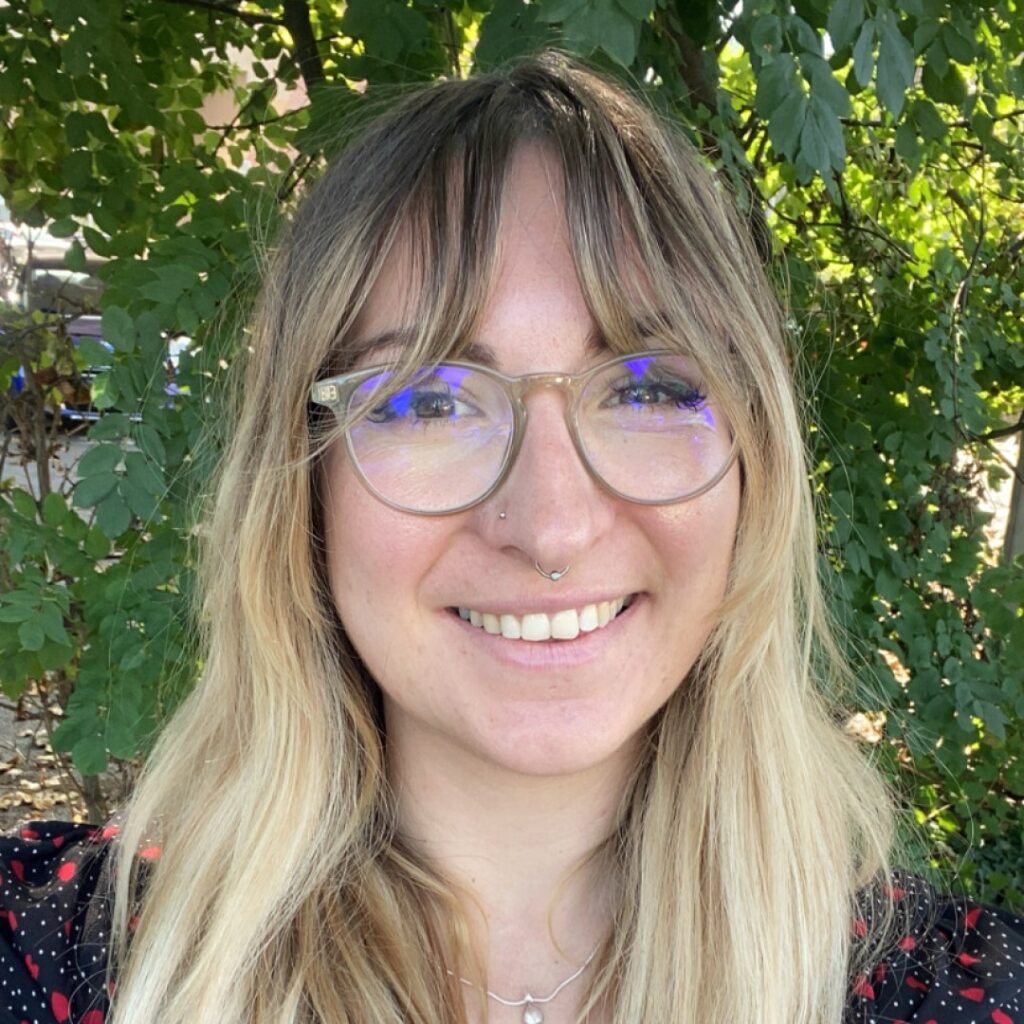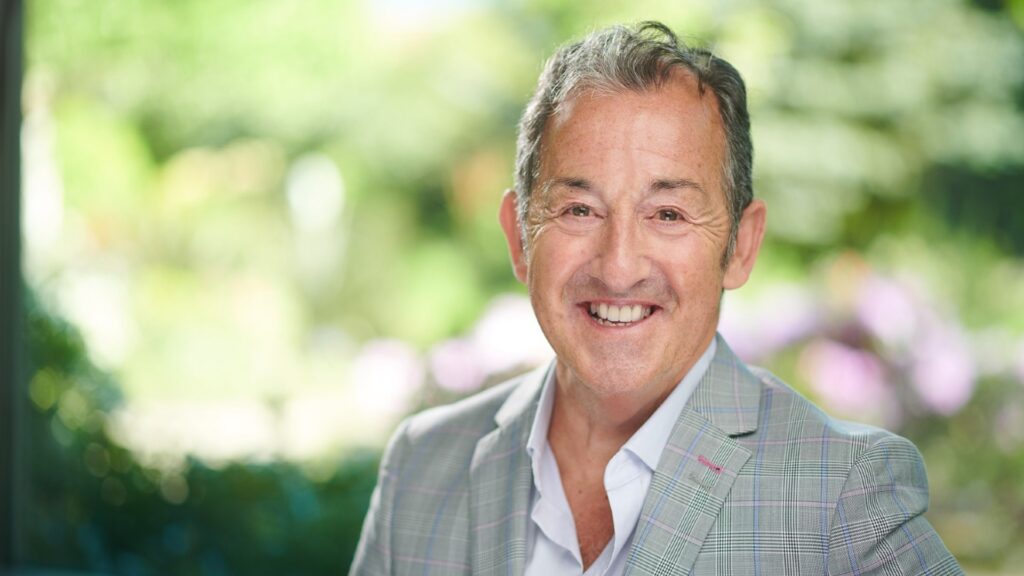Researchers from Edge Hill University and Durham University extensively interviewed youth justice professionals, as well as young people under youth justice supervision, to gain perspectives from both sides of the system.
The Child First Participation agenda, supposed to mark a paradigm shift in youth justice in England, commits to democratising decision-making processes with children.
But according to a new research study, children are all too often left feeling like their views aren’t considered.
And on the other side of the coin, staff working under pressure of risk-based systems and unmanageable caseloads feel they don’t have the space to develop effective relationships with children.

“There is too much bureaucracy. It’s incredibly difficult for practitioners within youth justice to work effectively with children’s interests at the forefront of what they do because, more and more, their time is taken up with producing reports and other administrative tasks.
“Youth justice services are crying out for vital extra resources that would free up staff and allow them to focus on embedding children’s rights at the heart of the system. Children’s participation rights need to be upheld in meaningful and longstanding ways.
“Children often feel like their involvement is more akin to a box ticking exercise than having the opportunity to meaningfully co-produce interventions.
“Ultimately, we’re left with a youth justice system which doesn’t allow staff the time to focus on developing relationships with children, and leaves children with the impression that their input isn’t valued.”
Dr Sean Creaney, Senior Lecturer in Criminology, Edge Hill University
“We wanted to share our research with a deeper understanding of how interactions between youth justice professionals and children are harmful to children’s participation rights, while understanding broader power dynamics which undermine professional practice.
“It is the systems and processes youth justice professionals have to follow which create barriers to collaborative decision making and limit the ability they have to properly engage with children.”
Dr Samantha Burns, Lecturer in Criminology, Durham University

Youth justice professionals and the children they engage with are both victims of ‘symbolic violence’, which is manifested in the power differential between social groups. It is a type of harm and concealed form of power.
The researchers use the concept of ‘symbolic violence’, when researching the lived and learned experiences of children and professionals. The study offers a rich and insightful account of what lies behind the actions and motivations of individuals in the youth justice field.
Dr Creaney contends this is one of the main barriers to progressing the Child First Participation agenda in youth justice, as professionals are often unaware of how their responses become a barrier to children’s voices being heard and acted upon.
He said: “Unequal power is inherently built into relationships between children and youth justice professionals.
“Authority figures wield significant control over decision-making processes, and this limits opportunities for children to shape how they are supported.”
Dr Sean Creaney, Senior Lecturer in Criminology, Edge Hill University
To read the full study, please visit: https://journals.sagepub.com/doi/10.1177/14732254231156844.
In collaboration with Dr Burns, Dr Creaney has also recently had a chapter published in a new book: Child First: Developing a new youth justice system.
The chapter examines ways of transforming youth justice practice through co-production and Child First Participation. To read the book chapter, please visit: https://link.springer.com/chapter/10.1007/978-3-031-19272-2_12
April 21, 2023



